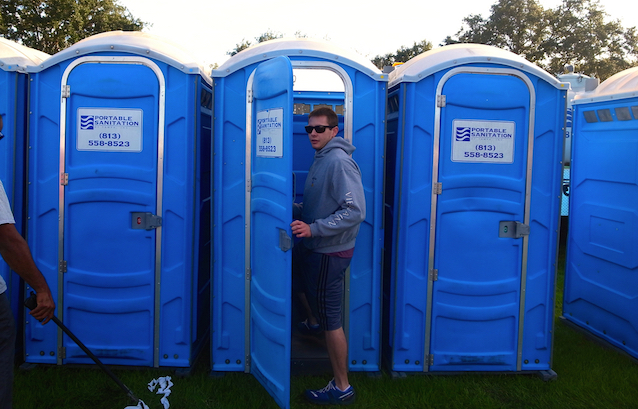I’m not really sure when this was written, but I recently came across a poll that measured the public’s perceived trust of certain professions.
Apparently, nurses are the most trusted profession, and have been so every year this poll has ever been done (since 1999). Except for one year when firefighters took the top spot.
After nurses came pharmacists, medical doctors, engineers, dentists, and police officers.
Interestingly, clergy are not as trusted as police officers… and journalists, state governors, and business executives are less trustworthy than college teachers.
But more trustworthy than lawyers, of course.
However, stockbrokers, advertising practitioners (which includes me and you), and members of congress, are the least trustworthy of all.
Except for car salespeople, that is.
In all fairness to car salespeople though… a good friend of mine has direct access to many of the industry’s inside secrets, and he told me quite a lot.
Apparently, car salespeople work upwards of 70-80 hours a week, all different hours – from early in the morning till late at night. Many work 7 days a week, or have to come into the dealership on their days off to close deals.
They’re also under tremendous pressure to make quotas, and their bosses and their bosses’ bosses usually have no qualms about how they make these quotas.
And the best car sales people make anywhere from $75,000 – $100,000, on average – depending on where you work and the kind of cars you sell.
Now I don’t know how you feel about this, but to me… working 4,000 hours a year in high-pressure situations to make anywhere from $18.75 to $25 bucks an hour (while working for a bunch of selfish, dysfunctional people)… isn’t a situation most people would want to be in.
Not that this makes them any more trustworthy – but it does make me more empathetic and understanding of their situation.
But back to this survey – why are some people perceived as being trustworthy or not?
Why is a dentist more trustworthy than a chiropractor?
Is it education?
I think, to some extent, it is.
Otherwise, why would college teachers come out ahead of members of congress?
To me, a college teacher is no more trustworthy than any other average person.
I would think people who haven’t attended college trust college professors more than people who have attended college and who have actually dealt with professors.
Sometimes, lack of familiarity can put a different slant on things.
My personal issues with trust have more to do with individual competence than industry trends or perceptions.
Meaning, most people just aren’t really “that” competent in what they do, whether they’re a cop, a doctor, or the guy who works on guitar amplifiers in the repair shop.
To me, competence is at an all time low, driven by laziness and just a lack of personal pride or pride of ownership in the work people create.
And I think most successful people feel this same way.
Which is why it’s critical you address your competency and trustworthiness in virtually ANY kind of marketing material you’re putting in front of any potential new prospect.
You see, basically, there are three things your buyers need to know:
1. Are you credible enough to be selling this product?
And if so, why?
As an example, a dentist is going to do better selling things to dentists, than a marketing guy is. Simply because the dentist has more credibility…
2. Do people believe you when you are speaking?
This has a lot to do with how you present yourself (in person, or in print). The words you use… the stories you tell… and your reasons for existing and helping your buyers solve the problems they have.
3. Do people like you?
This is, for many buyers, most important.
You’ll often hear people making all sorts of decisions… and when you ask them why they made a particular choice – they’ll often say, “I just liked that guy better.”
And most of the the time, being liked has to do with your intangible ability to “connect” with the person you’re speaking with.
The tone you’re speaking in, your smile, your facial expressions… and the level of energy you exude.
Of course, these things are far more difficult to show in print.
Which is why I put together this program which shows you specifically how to be trusted, how to connect… and how to keep it real with your buyers.
The program delves into your buyers psychology and shows you how to leverage it… and then it shows you specific strategies to use when you’re selling in print, to:
* Prove you are genuine…
* Form deep, genuine rapport with your buyers (even when they’re complete strangers)…
* Develop credibility and believability between you and your buyers…
And much more…
Since the program is delivered digitally, you can start making the tweaks you need, and have these strategies in place… literally before the end of the day.
Check this program out, right here.
Just reading the information alone, will teach you a lot about how to build the kind of trust you need to build with buyers.
Enjoy the rest of your week.
Now go sell something, Craig Garber
P.S. Understanding how to build trust and rapport, is the most important skill any salesperson can have. Not knowing how to do this effectively – both online and in print… will always leave you dragging behind, chasing your competition.
listening to:
The Electric Flag – Killing Floor (1968)
